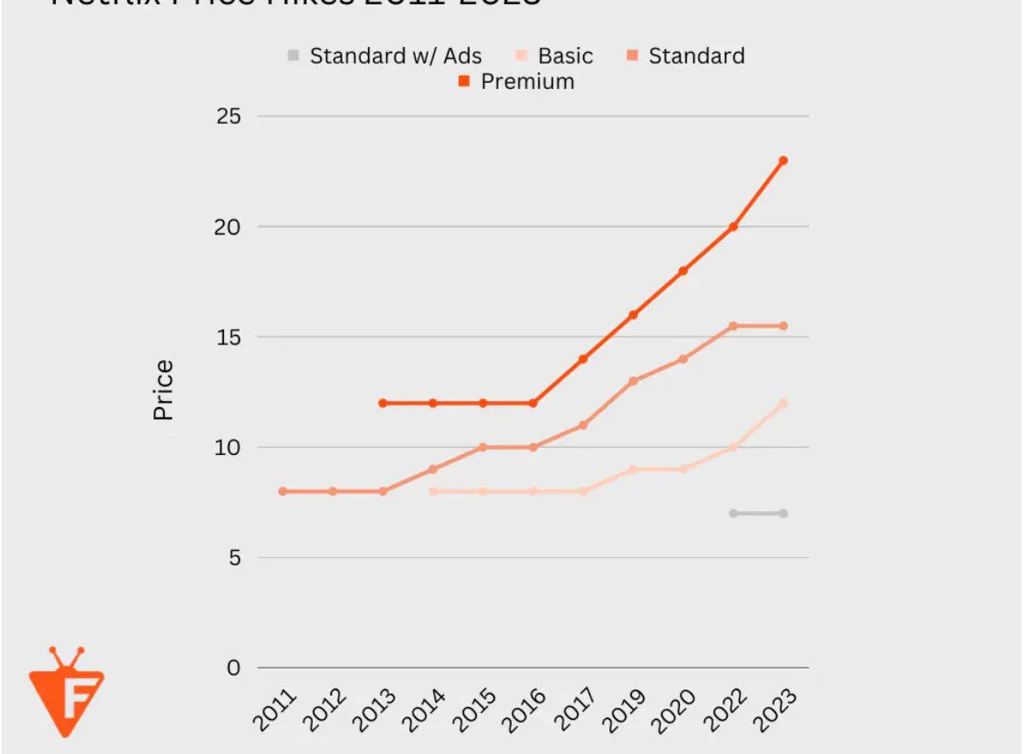this post was submitted on 25 Jan 2024
982 points (95.2% liked)
Piracy: ꜱᴀɪʟ ᴛʜᴇ ʜɪɢʜ ꜱᴇᴀꜱ
64897 readers
83 users here now
⚓ Dedicated to the discussion of digital piracy, including ethical problems and legal advancements.
Rules • Full Version
1. Posts must be related to the discussion of digital piracy
2. Don't request invites, trade, sell, or self-promote
3. Don't request or link to specific pirated titles, including DMs
4. Don't submit low-quality posts, be entitled, or harass others
Loot, Pillage, & Plunder
📜 c/Piracy Wiki (Community Edition):
🏴☠️ Other communities
FUCK ADOBE!
Torrenting/P2P:
- !seedboxes@lemmy.dbzer0.com
- !trackers@lemmy.dbzer0.com
- !qbittorrent@lemmy.dbzer0.com
- !libretorrent@lemmy.dbzer0.com
- !soulseek@lemmy.dbzer0.com
Gaming:
- !steamdeckpirates@lemmy.dbzer0.com
- !newyuzupiracy@lemmy.dbzer0.com
- !switchpirates@lemmy.dbzer0.com
- !3dspiracy@lemmy.dbzer0.com
- !retropirates@lemmy.dbzer0.com
💰 Please help cover server costs.
 |
 |
|---|---|
| Ko-fi | Liberapay |
founded 2 years ago
MODERATORS
you are viewing a single comment's thread
view the rest of the comments
view the rest of the comments


I don't see how this is any better, since if you want a specific show produced by a specific company you would still need to subscribe to their service, kind of the same problem we having right now.
Again, I'm not arguing for monopolies in general. But with media it's what customers want - a single service they can access all the media they want, with reasonable prices or a subscription model.
I have two possible solutions then, each with their own drawback.
Solution 1 is to nationalize media. The closest realistic thing is something we already have: libraries. The drawback is that content is massively limited and it's pretty inconvenient, but the cost is bundled in with other nationalized services like firefighters and the postal service.
Solution 2 is piracy. The drawback is that it's illegal and you risk prison time and huge fines, but the cost is either free or relatively cheap in exchange for less chance of getting caught, and the selection of content is damn near everything. There is quite a bit of work at the onset, but it is reasonably convenient to enjoy.
I like them both. But also non commercial piracy - or how we used to call it back in the days: sharing, should not be illegal in the first place.